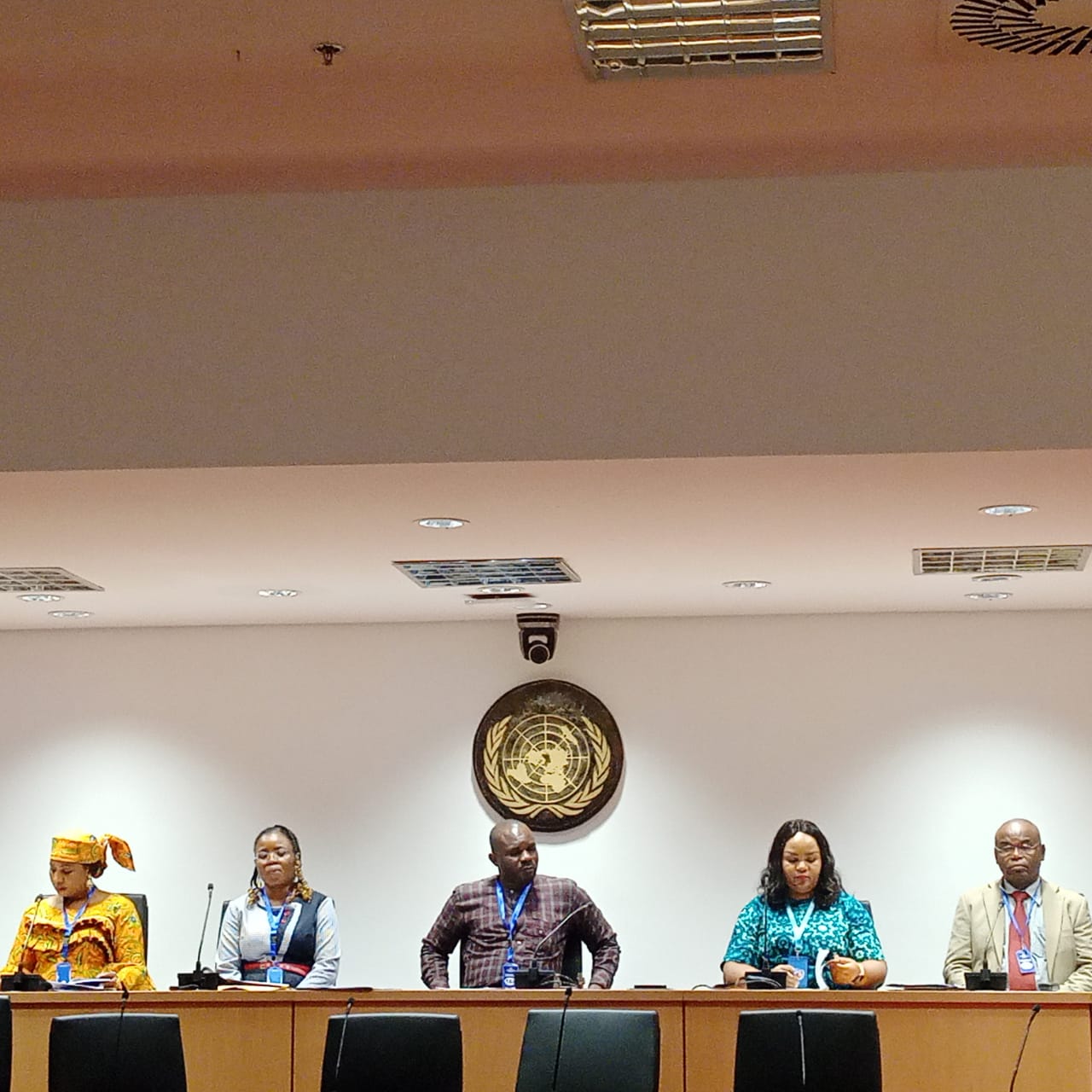
The International Labour Organisation (ILO) in collaboration with the Nigeria Employers’ Consultative Association (NECA) says it has developed a framework conditions for Women Entrepreneurship Development (WED).
The ILO Director in Nigeria, Ms Vanessa Phala, said this during a virtual conference at a National Validation Workshop on Promoting Gender Equality and Formalisation through Women’s Entrepreneurship Development.
She said the overall objective of the framework assessment was to meet the needs of women entrepreneurs in the country.
She said the framework assessment would also support key actors in the business ecosystem to adopt approaches and policies that respond to the needs of women entrepreneurs.
Phala said these included women working in the informal sectors.
She said the framework assessment looked at issues around six assessment conditions among which are: gender-sensitive legal and regulatory system that advances women’s economic empowerment.
According to Phala, it will also look at the policy leadership and coordination for the promotion of WED, access to gender-sensitive financial services, access to gender-sensitive business development support (BDS) services, among others.
“The WED assessment is a research tool that proposes six key framework conditions for women’s entrepreneurship development and a detailed methodology to collect and synthesise information into an actionable report.
“The main objective of the WED assessment is to identify locally adapted and strategic recommendations to unleash the potential of women entrepreneurs.
“The assessment methodology promotes a set of women’s entrepreneurship development framework conditions that are assessed nationally to develop relevant and locally adapted key policy recommendations for improving the environment for the promotion of women’s entrepreneurship,” she said.
Phala said ILO would continue to support national stakeholders to identify locally adapted and strategic recommendations to unleash the potential of women’s entrepreneurship and women-led businesses to generate decent jobs.
The Minister of Labour and Employment, Dr Chris Ngige, said that his ministry was working with social partners to address the barriers to women’s entrepreneurship development and formalisation.
Ngige, who was represented by a staff member in the ministry, Mr Kingsley Effiong, said the ministry was committed to ensuring gender-responsive policies, advocacies and efforts focused at women’s entrepreneurship development.
“In order to promote the potential of women-owned enterprises, it became eminent that the WED framework conditions be assessed nationally to develop relevantly and locally adapted key policy recommendations.
“This will help in improving the environment for the promotion of women’s entrepreneurship.
“The results of this assessment are aimed to provide a better informed, evidence-based platform for formulating recommendations to improve the environment for women entrepreneurs,” he said.
Meanwhile, the Minister of Women Affairs, Mrs Pauline Tallen, expressed the ministry’s readiness to strengthen its partnership programmes to alleviating the suffering of women.
She said it would bridge gender disparity gaps, promote and advocate for advancement of women in entrepreneurship development.
Tallen, represented by Miss Ejura Obaje, from the ministry said it would continue to work with relevant stakeholders in promoting and protecting the rights of the women, children and other vulnerable groups.
In the same vein, the Secretary-General, Nigeria Labour Congress (NLC), Emmanuel Ugboaja, said the informal economy is largely responsible for the larger number of workers in the country.
Ugboaja who was represented by Mrs Deborah Yusufu, Deputy Chairperson, National Women Commission of NLC, said workers in the informal sector were faced with various forms of barriers.
She said that such barriers adversely affect their businesses and in turn, hinder economic growth in the country.
He said women however make up the larger percentage of workers in the informal sector, saying that the assessment was necessary to uplift their fortune.
The attendees include stakeholders from the Trade Union Congress (TUC), NECA, National Industrial Safety Council of Nigeria and the Federation of Informal Workers Organisation of Nigeria, among others witnessed the assessment framework. (NAN)